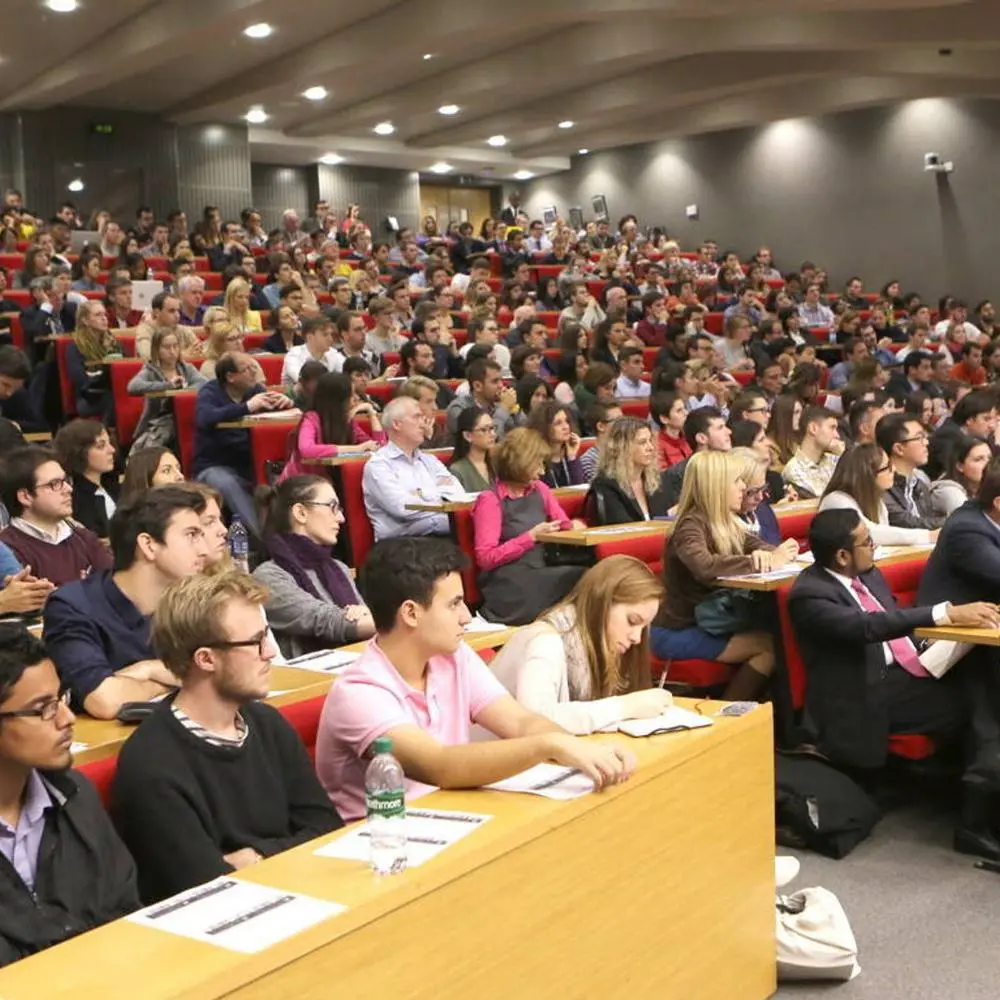Was Brexit a Populist Revolution?

Brexit has been viewed by many as part of a populist revolution sweeping not only the UK, but Europe and beyond. Why did Britain vote for Brexit? Was it a result of a UKIP-led revolt on the right? This discussion will explore the motivations of the leave vote and the implications for UK politics.
Mary Dejevsky (@marydejevsky) is a writer and broadcaster for The Independent newspaper.
Rhiannon Lucy Cosslett (@rhiannonlucyc) is a freelance writer for The Guardian and co-founded The Vagenda blog.
James Tilley is a professor of Politics at the University of Oxford and a fellow of Jesus College, Oxford. He is author of The New Politics of Class: The Political Exclusion of the British Working Class.
Simon Hix is Harold Laski Professor of Political Science in the LSE Department of Government.
The Department of Government is one of the largest political science departments in the UK. Activities cover a comprehensive range of approaches to the study of politics.
Keep up to date with what Brexit means for the UK and the wider world at LSE Brexit blog (@lsebrexitvote).
Suggested Twitter hashtag for this event: #LSELitFest
This event forms part of the , taking place from Monday 20 - Saturday 25 February 2017, with the theme "Revolutions".
Update, Wednesday 18 January: Matthew Goodwin is no longer able to speak as part of this event due to unforeseen circumstances.
Podcast
A podcast of this event is available to download from Was Brexit a Populist Revolution?
Podcasts and videos of many LSE events can be found at the LSE Public Lectures and Events: podcasts and videos channel.
LSE holds a wide range of events, covering many of the most controversial issues of the day, and speakers at our events may express views that cause offence. The views expressed by speakers at LSE events do not reflect the position or views of The London School of Economics and Political Science.
From time to time there are changes to event details so we strongly recommend that if you plan to attend this event you check back on this listing on the day of the event.
LSE holds a wide range of events, covering many of the most controversial issues of the day, and speakers at our events may express views that cause offence. The views expressed by speakers at LSE events do not reflect the position or views of the London School of Economics and Political Science.
